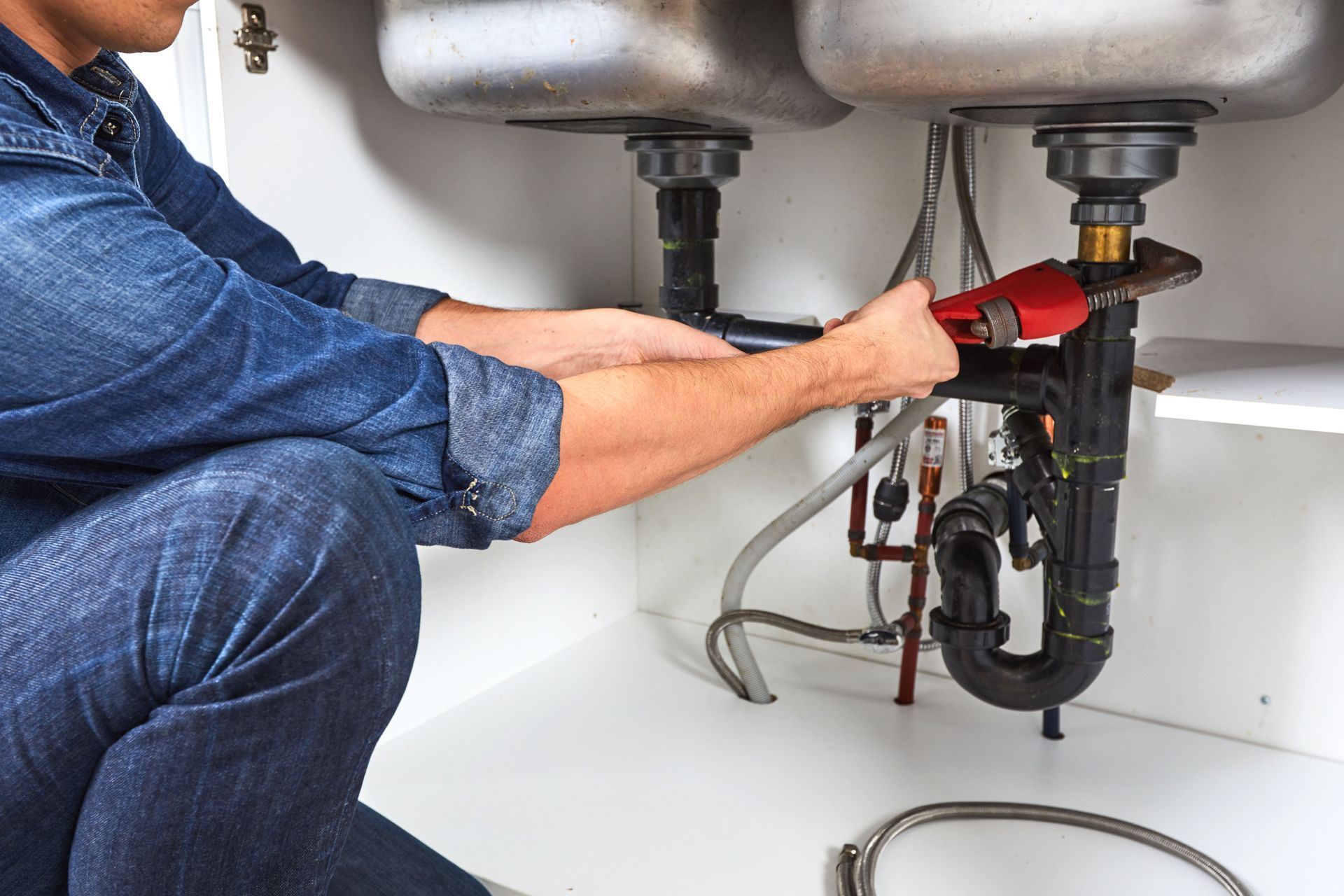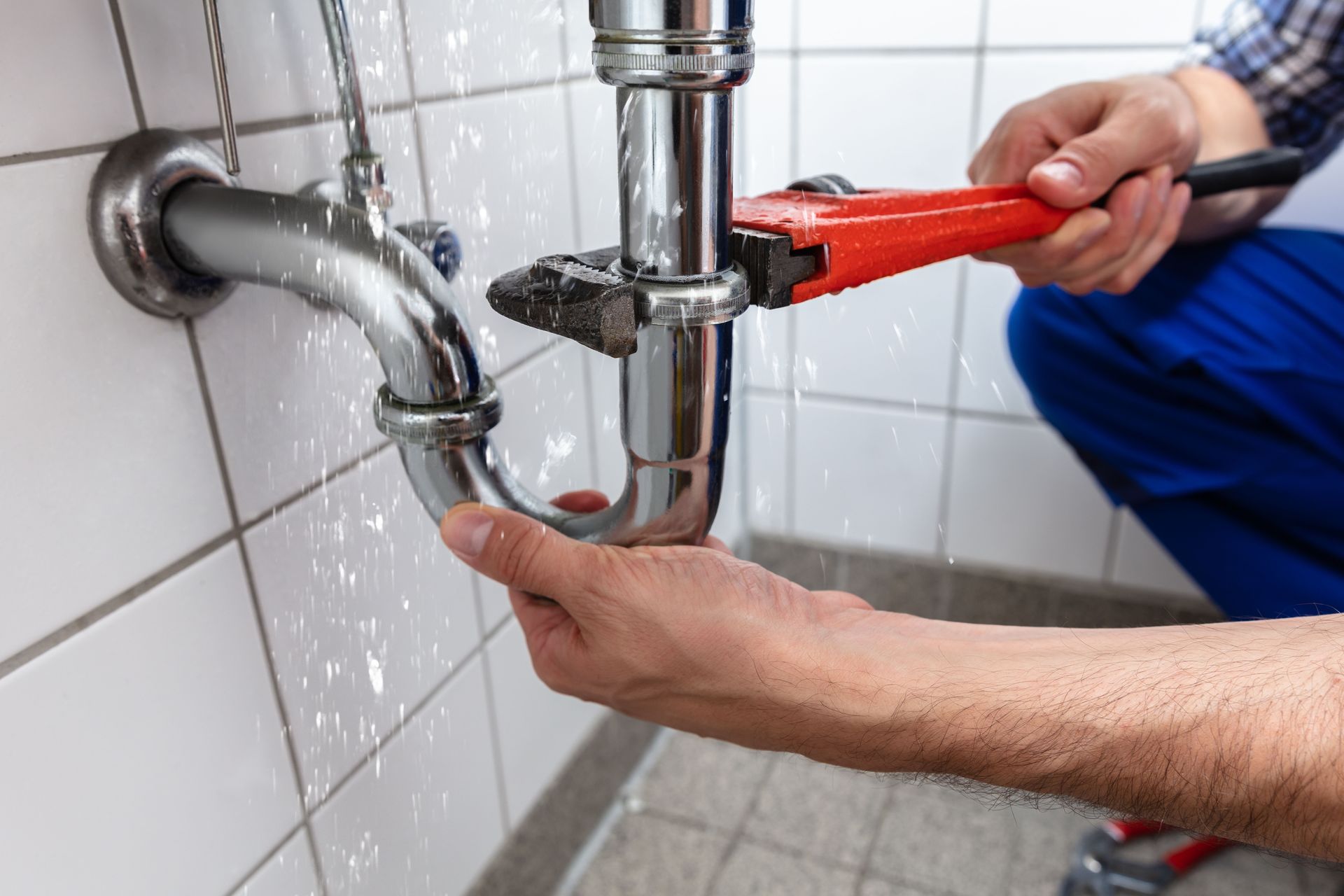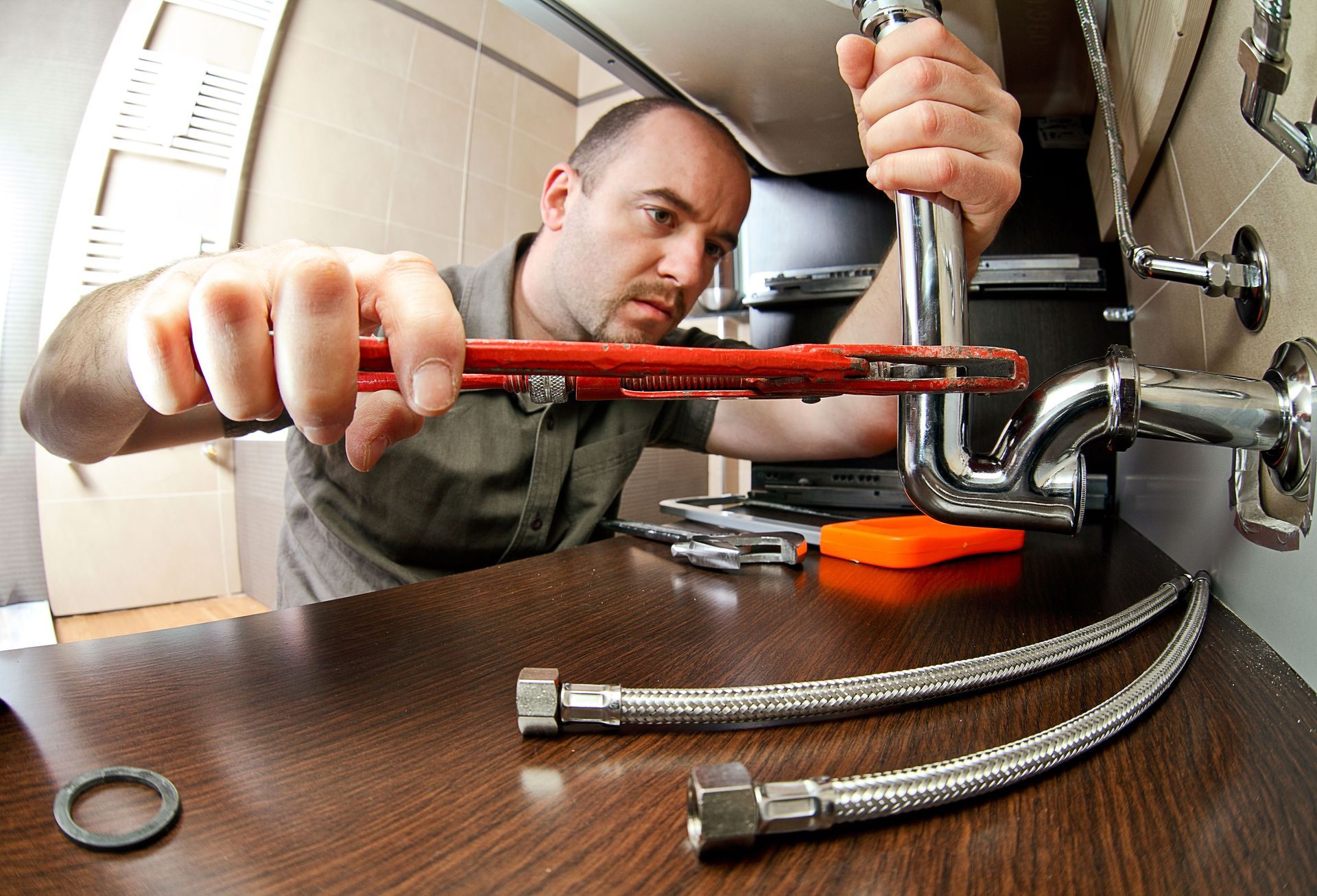October 17, 2025
Homeownership comes with a long list of responsibilities, from maintaining the exterior of the home to ensuring that all internal systems run smoothly. Among these systems, plumbing is one of the most critical and often overlooked. Water is essential to daily life, and a problem in your plumbing system can lead to costly repairs, water damage, and even health issues. That’s why regular professional pipe inspections are not just helpful—they’re essential.
Protecting One of Your Most Valuable Investments
Your home is likely one of the largest financial investments you’ll make in your lifetime. As such, it's crucial to protect that investment by maintaining every part of the property—including what’s beneath the surface. The plumbing system is the backbone of a functioning household, yet its components are largely hidden behind walls, under floors, or buried underground.
Without routine checks by a plumbing company, small issues can grow unnoticed. Leaks, corrosion, and blockages can lead to water damage, mold, and even structural issues. These complications can cost thousands of dollars in repairs and dramatically decrease your home’s value. Preventative pipe inspections help catch these issues before they escalate, ultimately protecting your investment and your wallet.
Early Detection Saves Money
It’s easy to ignore your plumbing until something goes wrong. However, reactive maintenance is often more expensive and disruptive than preventative care. Professional pipe inspections identify issues before they turn into major problems.
For instance, a minor leak inside a wall might go undetected for months until it causes mold or structural damage. By the time it's discovered, repairs may involve tearing down drywall, replacing damaged framing, and extensive cleanup. A professional inspection could catch that leak early, allowing for a quick and inexpensive fix.
Hiring a plumbing company to conduct routine inspections is a smart financial move. While there’s a cost to the service, it pales in comparison to the potential expenses of a major plumbing failure.
Frequency of Inspections
Many homeowners wonder how often they should schedule a professional inspection. According to Houzeo, plumbing systems should be inspected every two years. This recommendation is a good benchmark for the average household, but some situations may call for more frequent inspections.
Older homes, for example, often have outdated piping materials that are more prone to corrosion and leaks. Homes with mature landscaping may have tree roots that intrude on underground pipes. In these cases, annual inspections may be a wise precaution. If you're unsure, consulting with a local plumbing company can help you determine the best inspection schedule for your home.
Preventing Water Damage and Mold
One of the biggest risks of an undetected plumbing issue is water damage. Even a small drip, over time, can saturate drywall, rot wooden structures, and weaken your home’s foundation. Water damage not only compromises the integrity of your home but also creates a perfect breeding ground for mold.
Mold growth poses serious health risks, particularly for individuals with allergies, asthma, or compromised immune systems. Once mold has taken hold, remediation can be costly and invasive. Regular pipe inspections by a reputable plumbing company help prevent these outcomes by identifying vulnerable areas before they become hazardous.
Improving Water Quality
Over time, pipes can accumulate mineral deposits, rust, and debris, all of which can affect your water quality. Corroded pipes can introduce metals like lead or copper into your drinking water. If your home has older plumbing, you might not even be aware of these risks.
A professional pipe inspection will evaluate the condition of your plumbing materials and detect any contaminants. Many plumbing companies offer water testing in conjunction with inspections to ensure your family is consuming safe, clean water. This is particularly important if your water has an unusual taste, odor, or color—all signs that something may be amiss within your plumbing system.
Enhancing Home Efficiency
Leaky pipes and inefficient fixtures can waste a surprising amount of water. According to the Environmental Protection Agency (EPA), household leaks can waste nearly 1 trillion gallons of water annually in the U.S. alone. Even a small drip from a faucet can waste over 3,000 gallons per year.
By having a plumbing company conduct regular inspections, you can identify inefficiencies and make upgrades that reduce your water usage. Not only is this environmentally friendly, but it can also lead to noticeable savings on your monthly water bill. Professional plumbers may recommend switching to low-flow fixtures, replacing old pipes, or installing pressure regulators to enhance system performance.
Ensuring Code Compliance and Insurance Coverage
Most homeowners aren’t familiar with local plumbing codes, but compliance is important for legal and safety reasons—especially if you're planning to remodel, sell, or rent your property. A licensed plumbing company can identify areas where your system is out of compliance and recommend necessary updates.
Additionally, some home insurance policies may deny claims related to water damage if it's determined that the issue was due to homeowner negligence. Regular professional inspections serve as documented proof that you've maintained your system, which could help with future claims.
Peace of Mind for Homeowners
There’s a certain comfort that comes from knowing your home is in good shape. For many homeowners, the plumbing system is a mystery—something they don’t think about until there’s a problem. Regular inspections remove the guesswork.
A plumbing company can provide a detailed report outlining the condition of your system, any areas of concern, and recommended next steps. This not only helps you stay on top of maintenance but also prevents surprises.
If you’re buying a new home, a thorough plumbing inspection can help you negotiate the sale or avoid a bad investment altogether. If you’re selling, an inspection can reassure potential buyers that your home is well-maintained.
What to Expect During a Professional Pipe Inspection
A professional pipe inspection typically involves several key steps:
- Visual Inspection: The plumber checks all visible pipes, joints, and fixtures for signs of wear, leaks, or corrosion.
- Camera Inspection: For underground or hidden pipes, many plumbers use a small camera to inspect the interior of the plumbing lines. This helps identify blockages, cracks, and intrusions.
- Pressure Testing: The system may be pressurized to check for slow leaks that aren't visible on the surface.
- Drain Testing: The plumber checks that drains are flowing properly and uses tools to measure flow rates.
- Water Quality Testing: Some inspections include testing for contaminants, pH levels, and water hardness.
After the inspection, your plumbing company will provide a comprehensive report and discuss any necessary repairs or upgrades.
Professional pipe inspections are one of the smartest things you can do to protect your home, your health, and your finances. While it’s easy to ignore your plumbing when everything seems to be working fine, the risks of doing so can be significant. From preventing costly damage to ensuring clean water and efficient systems, the benefits of regular inspections far outweigh the costs.
By partnering with a reputable plumbing company, you gain peace of mind and ensure that your home's plumbing system stays in optimal condition for years to come. Don't wait for a leak to become a flood. Schedule a professional inspection today and take a proactive step toward a safer, healthier, and more efficient home. Reach out to Primo Plumbing & Heating today to schedule a pipe inspection and preventative maintenance for your home.















